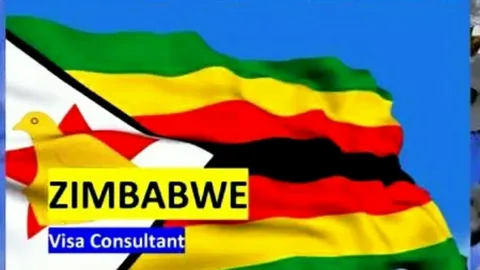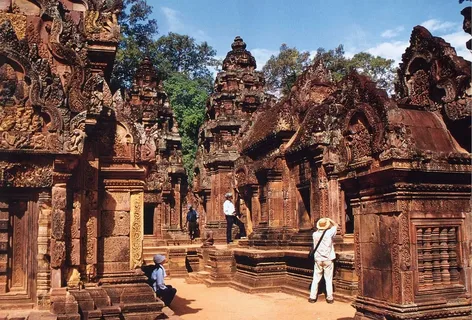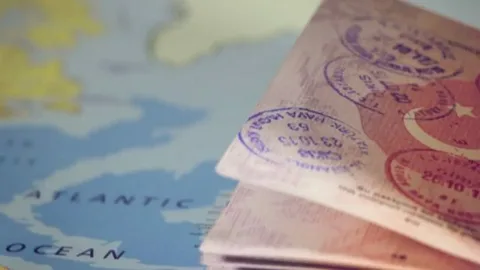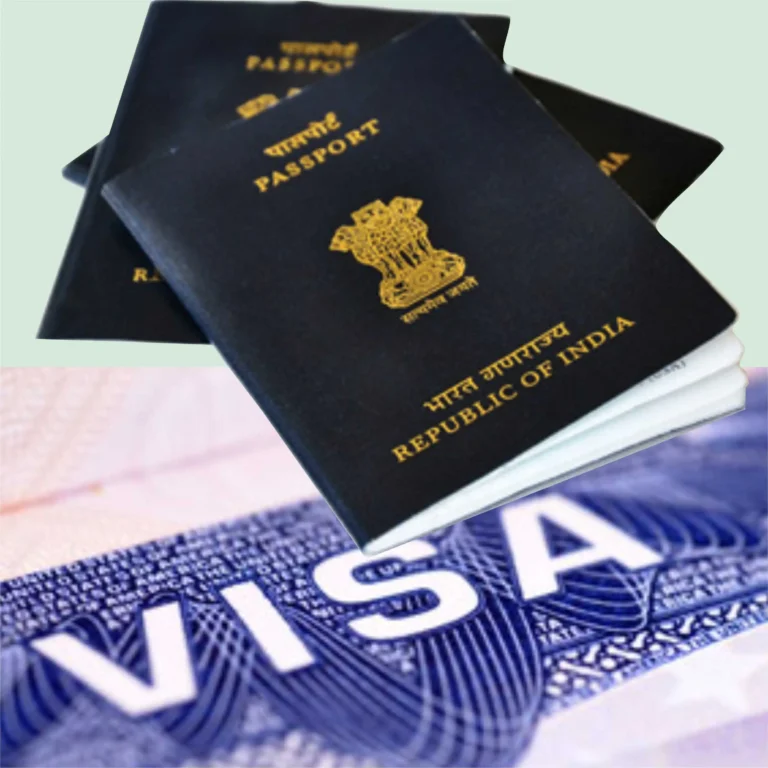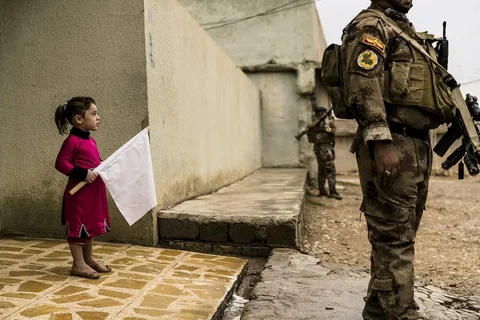Process of Obtaining an Indian Visa for Zimbabwe Citizens
Embarking on a journey to Indian Visa for Zimbabwe Citizens involves not just packing your bags but also navigating the intricate process of obtaining an Indian Visa. Whether you are planning a vacation, business trip, or pursuing academic endeavors, understanding the nuances of the application process is crucial. In this guide, we’ll take you through the ins and outs of acquiring an Indian Visa, providing valuable insights and tips for a seamless experience.
I. Introduction
A. The Gateway to India
Indian Visa for Zimbabwe Citizens, a land of diverse cultures and rich heritage, attracts millions of visitors each year. Securing the right visa is your passport to explore this vibrant country. Navigating the process effectively ensures a smooth and hassle-free entry.
B. Why Proper Navigation Matters
Obtaining an Indian Visa can be perplexing, given the various types available. Navigating this process effectively not only saves time but also ensures that you meet all the requirements, preventing unnecessary complications.
II. Understanding Indian Visa Types
A. Tourist Visa
Perfect for those exploring India’s wonders, the Tourist Visa is designed for leisure travel.
B. Business Visa
For individuals engaging in business activities, the Business Visa is the go-to option, allowing for conferences, meetings, and trade.
C. Student Visa
Students aspiring to study in India need the Student Visa, facilitating their educational journey.
D. Work Visa
Professionals seeking employment opportunities in India must obtain the Work Visa, tailored to their specific needs.
III. Step-by-Step Application Process
A. Preparing Necessary Documents
Gather essential documents, including passport, photographs, and supporting papers, ensuring they meet the specified criteria.
B. Filling out the Online Application Form
Navigate the online application form meticulously, providing accurate and complete information.
C. Appointment Scheduling for Biometrics and Interview
Efficiently schedule appointments for biometrics and interviews, adhering to the allocated time slots.
D. Paying the Visa Fee
Complete the payment process through the designated channels, keeping track
The global impact of an Indian visa for Indian Visa for Uruguay Citizens can be assessed through various lenses, considering economic, cultural, and diplomatic aspects. Here are some potential impacts:
-
Economic Impact:
-
-
- Trade and Investment: Easier access to India through simplified visa procedures can foster economic ties between the two nations. It may encourage trade and investment, leading to economic growth for both India and Zimbabwe.
- Tourism: An Indian visa for Zimbabwe citizens could boost tourism, providing economic benefits to the hospitality, transportation, and related industries in both countries.
-
-
Cultural Exchange:
-
-
- Education and Research: Increased mobility can facilitate academic and research collaborations between Indian and Zimbabwean institutions. This could lead to the exchange of knowledge and expertise, contributing to the cultural enrichment of both nations.
- Cultural Understanding: Frequent travel between India and Zimbabwe may enhance cultural understanding, promoting tolerance and appreciation of diversity.
-
-
Diplomatic Relations:
-
-
- People-to-People Diplomacy: The ease of travel can strengthen people-to-people diplomacy, fostering goodwill and positive relations between the citizens of India and Zimbabwe.
- Diplomatic Collaboration: Enhanced mobility can facilitate more frequent high-level visits and diplomatic engagements, strengthening overall diplomatic ties between the two countries.
-
-
Human Capital Development:
-
-
- Skill Exchange: The ability for Zimbabwe citizens to easily obtain Indian visas may encourage skill exchange programs, benefiting both countries by addressing specific skills shortages or promoting expertise in particular sectors.
-
-
Global Collaboration:
-
-
- International Standing: The facilitation of travel between India and Zimbabwe can contribute to the perception of both countries as open and collaborative partners on the global stage.
- Multilateral Engagement: Collaboration on international issues may be facilitated by strengthened bilateral ties, as both countries might find common ground on various global challenges.
-
-
Technology and Innovation:
-
- Collaborative Projects: Simplified travel arrangements can promote joint research and development projects, fostering innovation and technological advancements in both India and Zimbabwe.
In summary, the global impact of an Indian visa for Zimbabwe citizens extends beyond the immediate bilateral relationship. It has the potential to create a ripple effect, influencing economic, cultural, diplomatic, and technological aspects on a broader international scale. The positive outcomes are contingent on effective implementation and ongoing cooperation between the two nations.
-
Diaspora Engagement:
-
-
- Indian Community in Zimbabwe: An easier visa process can encourage the Indian diaspora in Zimbabwe to play a more active role in local communities. This engagement can lead to cultural exchange, business partnerships, and philanthropic initiatives that benefit both nations.
-
-
Health and Medical Collaboration:
-
-
- Medical Tourism: Improved access to India may lead to an increase in medical tourism, with Zimbabwean citizens seeking advanced healthcare services in Indian hospitals. This can contribute to the exchange of medical knowledge and expertise.
-
-
Environmental Collaboration:
-
-
- Sustainable Development: Both India and Zimbabwe face environmental challenges. Collaboration in areas such as renewable energy, conservation, and sustainable development can be facilitated through increased people-to-people interaction and joint initiatives.
-
-
Sports and Recreation:
- Sports Exchanges: Enhanced travel opportunities can foster sports exchanges between India and Zimbabwe. This can lead to friendly competitions, training programs, and the sharing of sporting expertise, promoting a healthy and active lifestyle.
-
Security and Counter-Terrorism Cooperation:
- Intelligence Sharing: Strengthened diplomatic ties can facilitate more effective intelligence sharing and cooperation in addressing global security challenges, including counter-terrorism efforts.
-
Agricultural Collaboration:
- Food Security: Both countries have significant agricultural sectors. Collaborative efforts in agricultural research, technology exchange, and best practice sharing can contribute to food security and sustainable farming practices.
-
Youth Exchange Programs:
- Educational and Cultural Experiences: Youth exchange programs can be initiated, allowing young people from India and Zimbabwe to experience each other’s culture, education systems, and societal structures. This can build lasting friendships and understanding among the future leaders of both nations.
Media and Information Exchange:
- Journalistic Collaborations: Improved relations may lead to increased collaborations between media outlets, promoting accurate and diverse coverage of events in both countries. This can contribute to a more nuanced understanding of each other’s perspectives.
-
Regional Stability:
- Influence in Regional Organizations: Strengthened bilateral ties can enhance the influence of both India and Zimbabwe in regional organizations, leading to increased collaboration on regional stability, peacekeeping, and conflict resolution.
